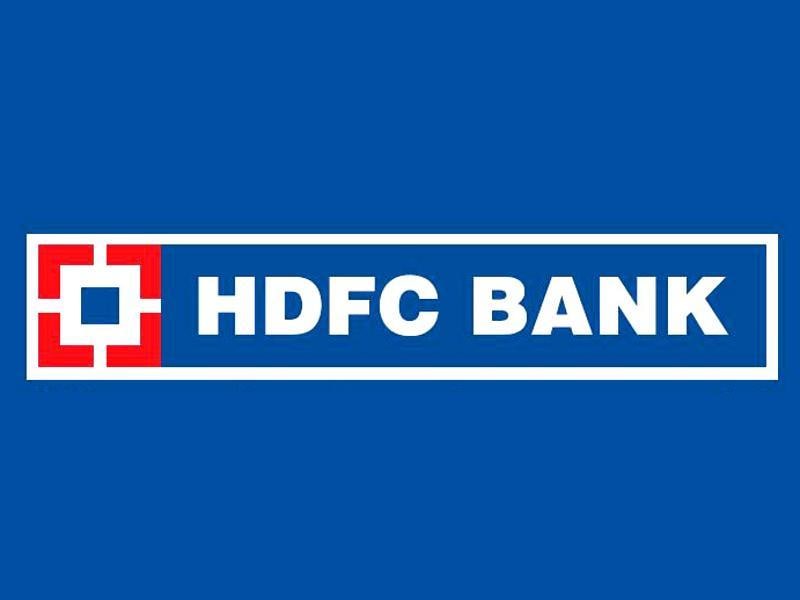The world of banking and finance is constantly evolving, and HDFC Bank, one of India’s premier banking institutions, is no exception. Recent developments have seen HDFC Bank engaging in loan asset sales, a move that has piqued the interest of investors, analysts, and customers alike. Understanding what HDFC Bank loan assets sale entails is crucial for anyone looking to navigate the complex landscape of financial transactions and asset management.
The decision to sell loan assets often reflects a bank's strategy to manage its balance sheet effectively. In the case of HDFC Bank, this strategy can be attributed to an array of factors such as capital adequacy requirements, risk management, and liquidity considerations. By selling off certain loan assets, HDFC Bank aims to optimize its asset portfolio, ensuring it remains robust and competitive in an ever-changing market.
In this article, we will delve into the intricacies of HDFC Bank loan assets sale, shedding light on its implications for the bank, its customers, and the broader financial ecosystem. From understanding why banks sell loan assets to the potential benefits and risks involved, we will cover all aspects of this important subject. Whether you're an investor, a financial analyst, or simply a curious customer, this guide will provide you with valuable insights into HDFC Bank’s strategic decisions.
Read also:Exploring The Magic Of I Spy Books A Comprehensive Guide
What Are Loan Assets?
Loan assets refer to the amounts that banks lend to borrowers, which are expected to be repaid with interest over time. These assets form a significant part of a bank's balance sheet and are critical for generating income. Typically, these include:
- Personal loans
- Home loans
- Auto loans
- Corporate loans
Why Does HDFC Bank Sell Loan Assets?
HDFC Bank may opt to sell loan assets for several reasons:
- Capital Adequacy: To meet regulatory capital requirements.
- Risk Management: To minimize exposure to high-risk borrowers.
- Liquidity Needs: To free up cash for other investments or operational needs.
- Portfolio Optimization: To enhance the quality of the remaining loan portfolio.
How Does HDFC Bank Execute Loan Asset Sales?
The process of selling loan assets typically involves several steps:
- Assessment: Evaluating the loan portfolio to identify assets for sale.
- Valuation: Determining the fair market value of the loan assets.
- Marketing: Promoting the sale to potential buyers, which can include other financial institutions or investors.
- Negotiation: Engaging in discussions to finalize the sale terms.
- Closing: Completing the transaction and transferring ownership of the assets.
What Are the Benefits of HDFC Bank Loan Assets Sale?
There are several benefits associated with the sale of loan assets for HDFC Bank:
- Improved Liquidity: Selling loan assets can provide immediate cash flow.
- Reduced Risk: It allows the bank to offload loans that may pose a significant risk of default.
- Focus on Core Operations: By selling non-core assets, the bank can concentrate on its primary lending operations.
What Are the Risks Involved in Selling Loan Assets?
While there are benefits to selling loan assets, there are also inherent risks, such as:
- Loss of Future Interest Income: Selling a loan means the bank forfeits future interest payments.
- Potential Reputation Impact: Frequent asset sales might signal underlying issues to stakeholders.
- Market Conditions: The sale price may be affected by broader economic conditions, leading to potential losses.
What Are the Implications for HDFC Bank Customers?
For customers, HDFC Bank's decision to sell loan assets can have several implications:
Read also:Charles Johnson A Deep Dive Into His Life And Contributions
- Change in Servicing: The new owner of the loan may change the terms of service.
- Impact on Credit Ratings: The handling of sold loans can affect customers' credit ratings.
- Continuity of Services: HDFC Bank's commitment to customer service may remain unchanged.
How Do Investors View HDFC Bank Loan Assets Sale?
Investors often have a keen interest in HDFC Bank’s loan asset sales because they can indicate the bank's financial health and strategic direction. Positive aspects might include:
- Improved Financial Ratios: Asset sales can enhance key metrics like return on equity.
- Increased Market Confidence: A well-executed sale can boost investor confidence in the bank’s management.
- Attractive Investment Opportunities: Buying loan assets can provide investors with potential returns.
Conclusion: The Future of HDFC Bank Loan Assets Sale
As HDFC Bank continues to navigate the dynamic financial landscape, its approach to loan asset sales will undoubtedly evolve. Understanding the motivations, processes, and implications of these sales is essential for stakeholders at all levels. Whether you are a customer, an investor, or a financial analyst, staying informed about HDFC Bank loan assets sale can provide valuable insights into the bank's operational efficiency and strategic direction.


